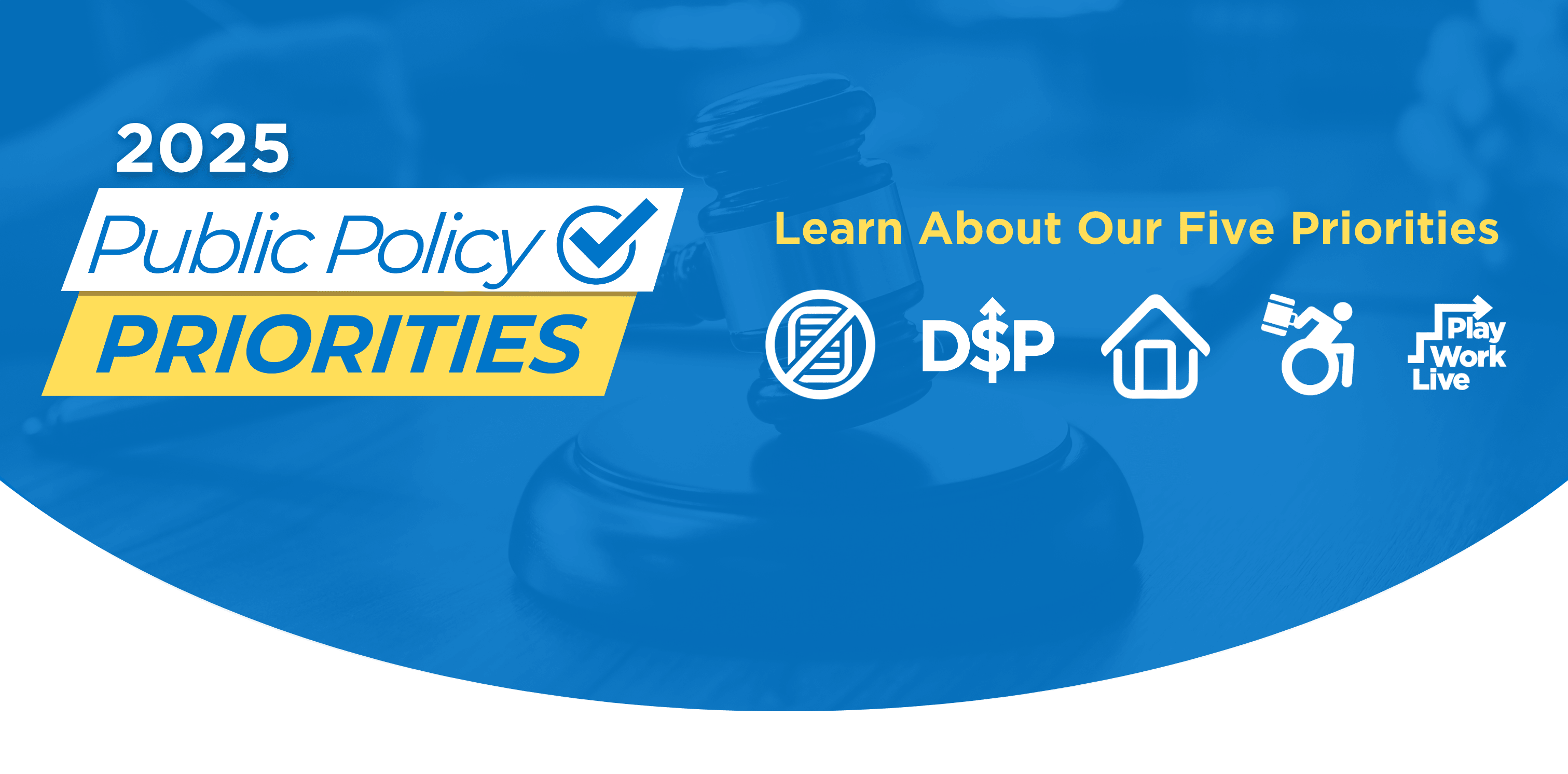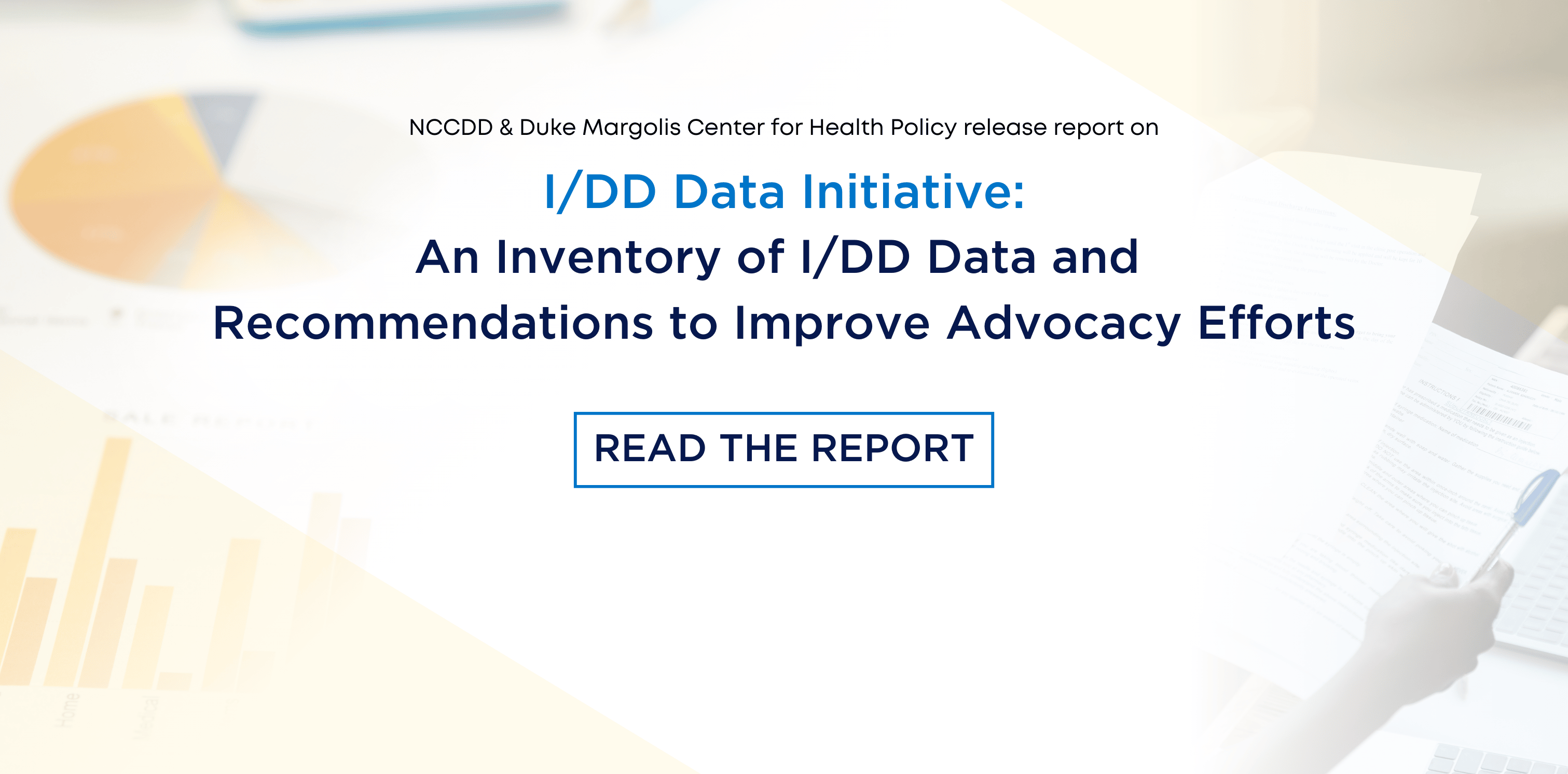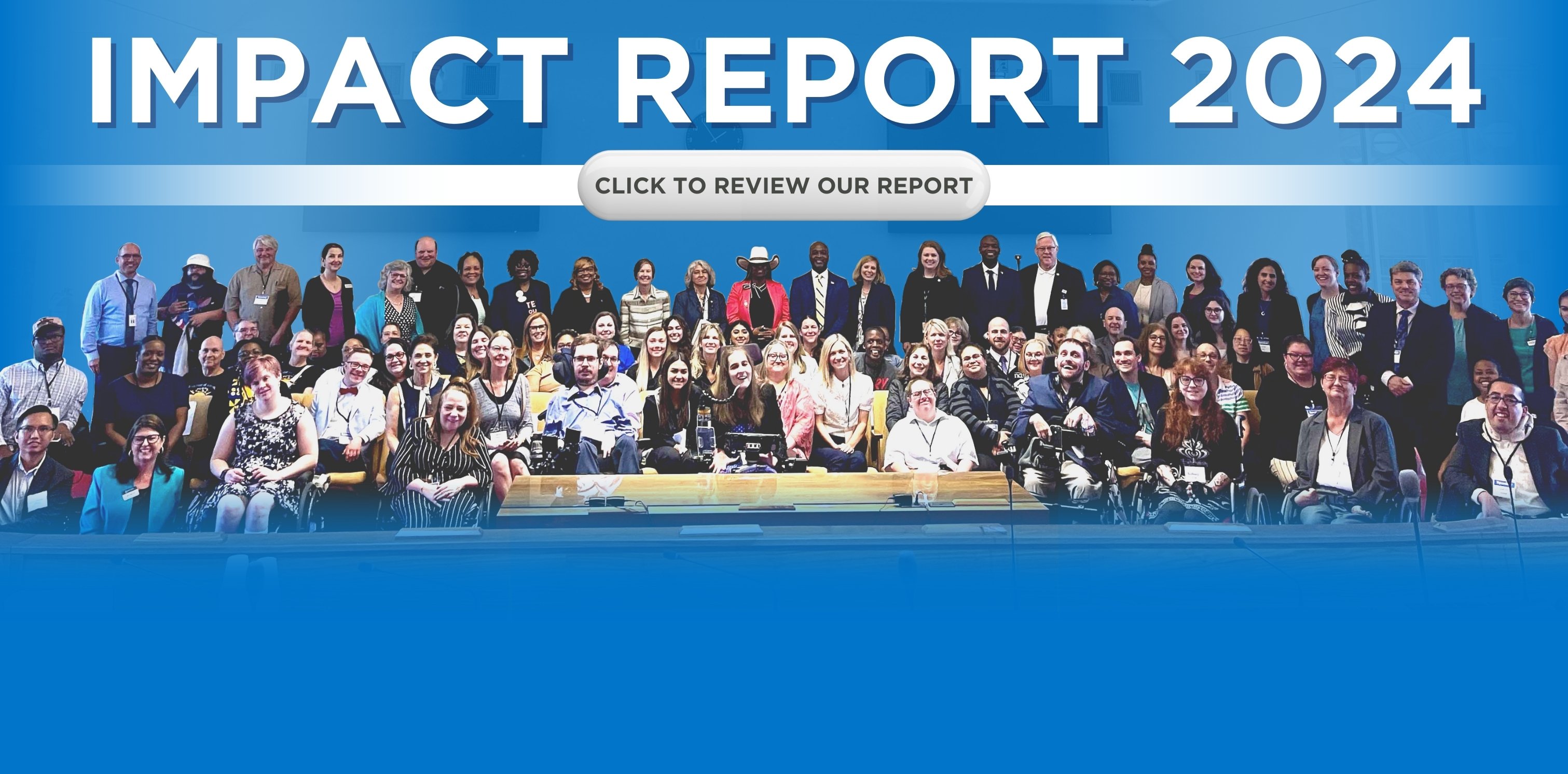
People with Intellectual and other Developmental Disabilities (I/DD) are now explicitly included in prioritized populations for the COVID-19 vaccine in North Carolina, according to an announcement by Governor Roy Cooper. Any individuals with I/DD receiving 30 days or more of home and community based services (HCBS) can schedule a vaccine now. Other individuals with I/DD who do not yet qualify for the vaccine can start scheduling vaccine appointments on March 24, 2021.
NCDHHS also shared clarifications for Groups 1 and 4. The definition of long-term care in Group 1 has been updated for people with intellectual and developmental disability. Higher-risk medical conditions for Group 4 include intellectual and developmental disabilities including Down Syndrome, and neurologic conditions, such as dementia, per the announcement.
Announcement from DHHS
Today, the North Carolina Department of Health and Human Services announced several updates regarding COVID-19 vaccine administration in the state.
- Additional Frontline Essential Workers will be eligible for vaccine beginning on Wednesday, March 3. With the authorization of the Johnson & Johnson one-shot vaccine, we now have another tested, safe and effective COVID-19 vaccine to protect-against virus-related hospitalization and death. With three vaccines, North Carolina can get more people vaccinated sooner.
- We will plan to move to Group 4, beginning with people who have a medical condition that puts them at higher risk and live in additional congregate settings, on March 24. This population includes anyone with conditions that have been identified by the CDC as increasing risk for severe COVID-19 illness and anyone who is living in congregate or close group living settings who is not already vaccinated including, people experiencing homelessness or living in a homeless shelter and people in a correctional facility, such as jail or prison. Learn more – Deeper Dive Group 4: Adults at Higher Risk of Exposure and Increased Risk of Severe Illness (Higher-Risk Conditions and Additional Congregate Settings).
- Definitions in Group 4 have been clarified. High-risk medical conditions include Intellectual and Developmental Disabilities, including Down Syndrome, and neurologic conditions, such as dementia and schizophrenia. Learn more – Deeper Dive Group 4: Adults at High Risk for Exposure and Increased Risk of Severe Illness (Essential Workers Not Yet Vaccinated and Other Group Living Settings).
- The definition of long-term care in Group 1 has been updated for people with intellectual and developmental disability. Long-term care includes people receiving long- term home care for more than 30 days including Home and Community Based Services for persons with intellectual and developmental disability, private duty nursing, personal care services, and home health and hospice. Learn more – Deeper Dive Group 1: Health Care Workers and Long-Term Care Staff and Residents.
Currently eligible groups – health care workers, long-term care staff and residents, people 65 and older, and child care and school staff – will continue to be prioritized. Some vaccine providers may not be ready to open to frontline essential workers on March 3 if they are still experiencing high demand for vaccines in Groups 1, 2, and 3 (child care and school staff).
Recent Posts
March 2025 Highlights and Hot Topics
Message from the Executive Director Public Policy Update (as of…
Upcoming Events
1
May
2025 Injury-Free NC Academy on Harm Reduction as Transformative Practice
Thursday, May 1, 2025 –
-
Friday, May 2, 2025 –
6
May
2025 Injury-Free NC Academy on Harm Reduction as Transformative Practice
Tuesday, May 6, 2025 –
-
Wednesday, May 7, 2025 –
North Carolina Council on Developmental Disabilities
This project was supported, in part by grant number 2001NCSCDD-02, from the U.S. Administration for Community Living, Department of Health and Human Services, Washington, D.C. 20201. Grantees undertaking projects with government sponsorship are encouraged to express freely their findings and conclusions. Points of view or opinions do not, therefore, necessarily represent official ACL policy.




